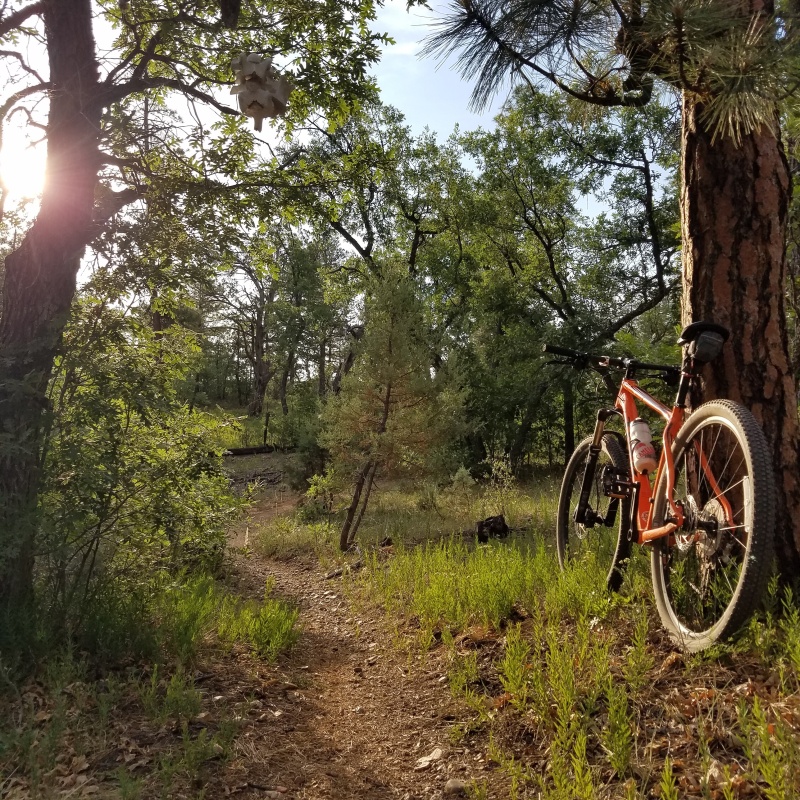I did something stupid the other week. Something I regretted doing. It wasn’t dangerous, didn’t put any patients in peril, cause mass calamity on a national scale, nor promise unlimited health-care for all, nor deny inappropriate relations with a well-connected lobbyist, or drive my car into a train tunnel, but it was just stupid, and I paid for it.
About a week ago a resource nurse who comes to our floor a lot and I were talking and commiserating on the fact she had a trio of poopers. “All I’m doing tonight is cleaning up poop. Even though one has a flexi-seal, it’s still leaking out.” she said.
“Well at least you were prepared for it…your undershirt is kind of c-diffy colored…” I came back with.
“Yeah thanks, I know Captain Obvious.” she said, “It wasn’t the best choice. I should’ve known with this floor!”
And then I said it. The phrase that would doom me into poop-servitude: “Y’know, I haven’t had a night like that in a long time.” Stupid. Stupid. Stupid. It’s like saying “q—–” on a full-moon night, or “she’s finally asleep” about the demented old lady who had been trying to climb out of bed all night. In the grand karmic wheel of nursing, I just steeped in it.
So I show up Tuesday night, flushed with excitement from a nice ride into work, changed and ready to rock. And I start looking at my assignment.
#1: “bradycardia, s/p CV“. OK, he’s a walkie-talkie, fine.
#2: “synope” Again, OK, she looks like a walkie-talkie.
#3: “s/p CABG with AVR, post-op delirium and colitis.” Uh-oh…look a little further down the sheet on him, “mulitple loose stools, (c-diff – !)”
“Yep, could be fun but at least he doesn’t have c-dif,” I thought. Then I read a bit further, “Neuro: A & O x1-2, weak, 2+ assist up, left-sided weakness (new?), strict bedrest.” Now things were getting interesting.
#4: “sepsis, due to C-DIFF.” Yes, here it was the karmic retribution for the words so casually spoken the week before. “Neuro: confused and forgetful, A & O x1-2; Activity: up with 2+ max assist. GI/GU: foley, incont. of stool, 1 loose/mucoid stool.” That’s all of the report I needed. It was going to be one of those nights. Karmic payback.
The day nurse then told me, “Yeah, I d/c’d the flexi-seal yesterday.” I nod glumly, knowing that I would be spending quite a bit of time in the room that night.
So as the night evolved, I did the nursing thing. Checking briefs everytime I head into the room. 2100: still ok. 23:00: so far so good. 24:00, “awwww, hell naw”. Blow-out in #4….I felt like paging overhead, “clean-up on aisle three, clean-up on aisle three.” and clean-up we did. Nothing like a full-bed change blow-out session.
Then #3 rings, “yeah, I ate an apple, then I shit,” he says. That’s one of the things I love about old men, they’re so…well…honest. Clean him up. I’m out of the room less than 10 minutes, “Yeah,” as I answered the call-light,”I shit again.” And on, and on, and on. Cleaned him up 5 more times that night. The C-Diff lady? Nary a time after the blowout.
Fast forward to night #2. I still think I have poop on me somewhere. Even though I have new scrubs on and showered twice since being here. I can still sense it. Not really smell it, bu it more like sensing it, just out of conscious smell range, but there, like the lingering after scent of a bad bar night.
Same peeps. New issue though. Find out #3 has VRE. In his stool. That we had been cleaning for days on end. Without gowns. OK, so make that 2 peeps on contact precautions. And still pooping. Lots.
About midnight I call up Materials, “Hey, this is Wanderer up on 4. Can you send up some more of the big blue chux and another 4 or so packs of isolation gowns and a box of the peri-wipes? We’re going through them like they’re going out of style.”
And the battle continued. I think I singed off all of my olfactory nerve endings those 2 nights because I couldn’t smell anything when I go home in the morning. After I left each room, the smell no longer lingered, it’s like there was nothing for it to linger on. They were gone. Which I guess could be a good thing.
Onto Night 3.
Charge nurse (different on from the past 2 nights) hands me my assignment and says, “I took away #3 from you, it’s just not fair to have 2 isolation patients.”
“Uh. OK, I had them both last night…but I’m not going to complain.” I said. But in fact, it was worse. Instead of having 2 poopers, that I know well, and have kind of gotten used to their unique idiosyncrasies (i.e. smell), I get one and a new cast of characters.
In retrospect, it was OK. She was just spreading the love. Out of the 6 nurses on my particular side of the floor, everyone had at least 1 isolation patient, most were contact, for c-diff. So we all had the love that night.
But what did I learn?
Yes, never, ever, open your big mouth. Karma’s a bitch. Even though you know you’re due, just don’t say it. Let it go. Maybe you’ll stay free a little while longer.
That shoe covers are this year’s must have accessory!

And that I look good in yellow…


